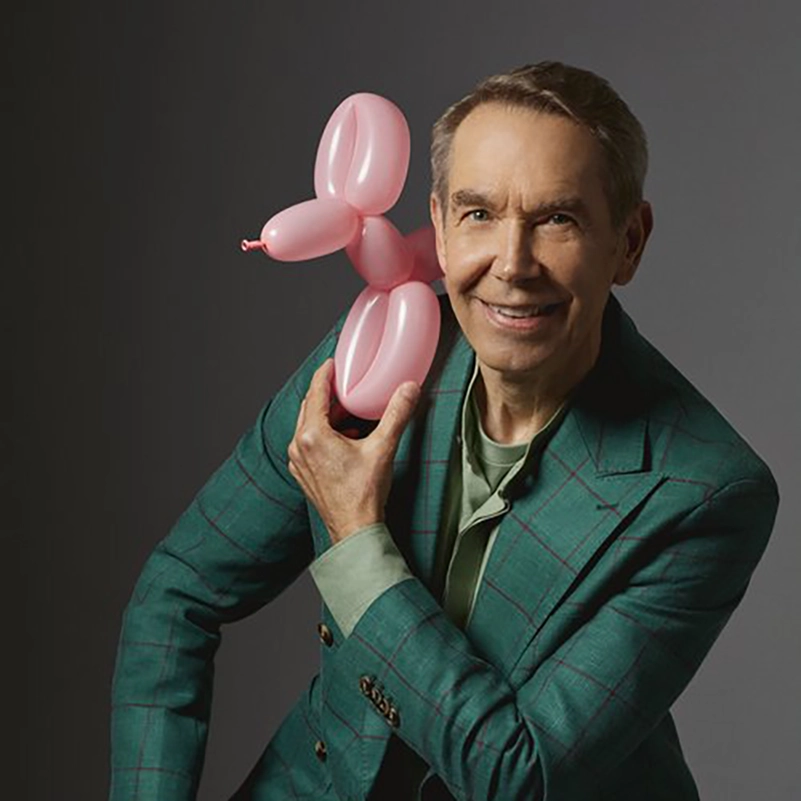Jeff Koons opposes the use of artificial intelligence in art, arguing it lacks the personal and emotional depth of true creativity. For him, art is rooted in human intuition and engagement—qualities he believes machines cannot emulate.
In his Guardian interview, Koons argues that technology should complement, not replace, the artist’s vision and emotional labor. He raises concerns that the commodification of art through AI might prioritize efficiency over creativity, reducing individuality and the personal connection that artists foster through their work.
Koons’ rejection of AI highlights a broader debate within the art world about technology’s place in the creative process. While AI has found increasing use in various industries, including design and visual arts, many artists—Koons among them—believe that its involvement in art threatens to diminish the role of the human artist.
For Koons, art is not just about producing visually striking objects; it is about conveying emotional depth, something that requires a distinctly human touch. He maintains that while machines can assist with technical tasks, they cannot replicate the heart and soul of artistic expression.
The sentiment is rooted in his broader philosophy of art, which emphasizes traditional craftsmanship and human-centered creativity. Koons is not against technology per se but advocates for a balance where it serves the artist’s intentions without overshadowing the essence of their work.
The tension between tradition and technology in art is particularly evident in Koons’ own practice. Known for his playful and vibrant sculptures—often using shiny surfaces and consumer imagery—Koons creates a dialogue between high art and mass culture.
Currently on view at Museo Picasso Málaga, Reflections. Picasso/Koons at the Alhambra showcases how, despite their differences in medium and style, Koons and Picasso share an underlying ethos: both artists challenge the conventions of their respective times and use art to explore the relationships between form, culture, and identity.
Picasso’s work, with its emphasis on abstraction and the deconstruction of familiar objects, paved the way for later artists like Koons, who similarly examined the intersection of consumer culture and fine art. For Koons, Picasso’s ability to transform mundane objects into monumental works of art resonates deeply, as Koons himself works to elevate common items into thought-provoking sculptures.
Koons’ stance on AI serves as a reminder that, despite the rise of new tools and technologies, the emotional and human elements of art cannot be replicated by machines.





